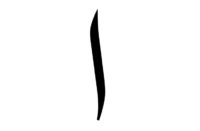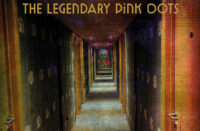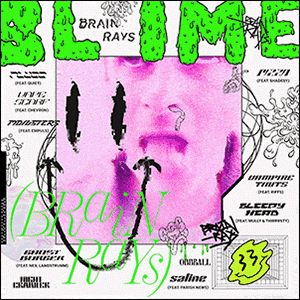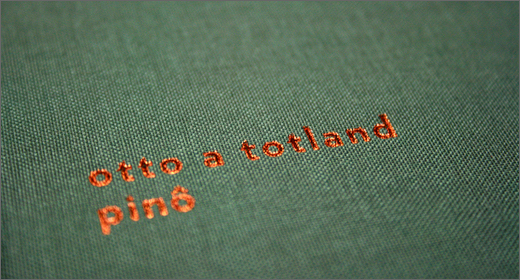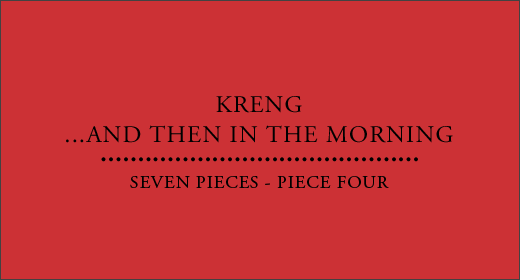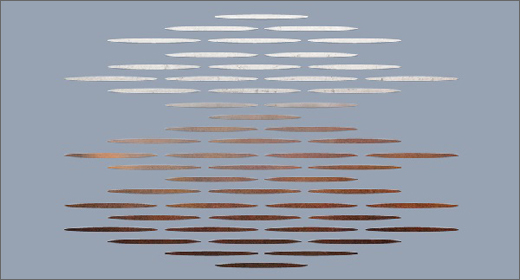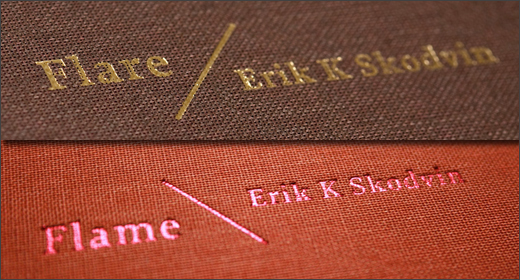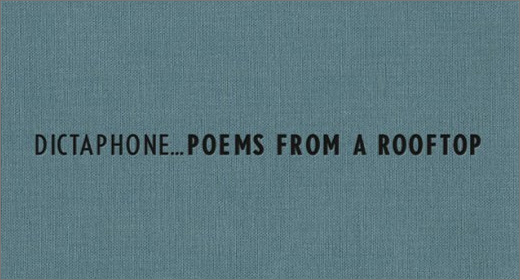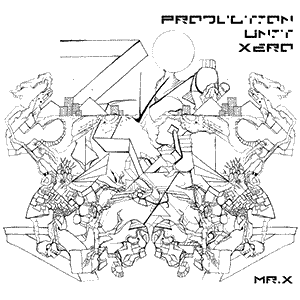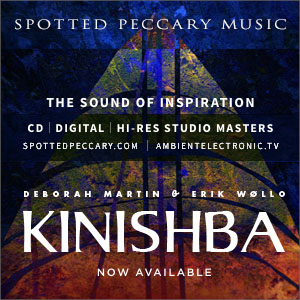Rauelsson has created an emotionally charged, filmic work of understated beauty and pitch perfect sensitivity that more than justifies its place with the best work of today’s proponents of the modern classical genre.
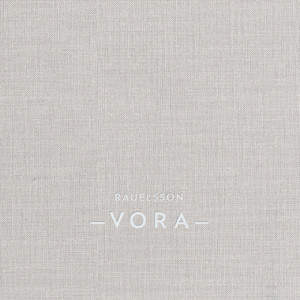 You may have already heard of Raul Pastor Medall, aka Rauelsson, from his back-catalogue of EPs and albums both self-released and on the Hush label, as well as for collaborations with Peter Broderick and Greg Haines among others. He also appeared on Sonic Piece’s own ‘Portland Stories’ compilation from 2009 as, although he was a one-time resident of Portland, Medall recently moved back to his native Spain, a life-changing event that has a clear influence on Vora, his latest album for Sonic Pieces.
You may have already heard of Raul Pastor Medall, aka Rauelsson, from his back-catalogue of EPs and albums both self-released and on the Hush label, as well as for collaborations with Peter Broderick and Greg Haines among others. He also appeared on Sonic Piece’s own ‘Portland Stories’ compilation from 2009 as, although he was a one-time resident of Portland, Medall recently moved back to his native Spain, a life-changing event that has a clear influence on Vora, his latest album for Sonic Pieces.
You may also know that his traditional bent is modern folk music, but before you run for the hills be informed that Vora is in fact a modern-classical record of the very highest caliber, with subtle but key electronic flourishes. Partly recorded in Portland and partly in Spain, the album has a subtle duality that reflects both the different moods of each location, as well as a wonderfully plotted narrative structure that vividly reflects the uncertainty and stress of the transition between the two.
The piano led chamber music of “Wave In” opens, the pressed pedals, keystrokes and hammer clunks all clearly audible amidst the subtlest background haze of soft rain and the sea. It isn’t long before the first brief electronic drone is exhaled, nervously curling through the air and changing the mood to one of uncertainty and angst, which typically becomes the role of the electronic touches on Vora. “Fluvial” is all deep focus bowed violin and butterfly piano keys, the environments blissful, exotic, even breathtaking, before a string voice takes center stage, picking out a theme for a character in a movie akin to some of Johann Johannsson’s best soundtrack work (think And In The Endless Pause There Came The Sound Of Bees).
“Split” embraces duality to an even greater level, the tick of a clock the only other noise to be heard aside from Medall’s piano in the opening minutes before the brightly copper-colored counterpart of a celesta emerges. A pulsing bass-beat then unexpectedly drops along with more electronic washes that color the sonic horizon, a squidgy, propulsive arpeggiated synth Moog adding a locomotive element that recalls the feeling of travelling that pervades Hauschka’s ‘Foreign Landscapes.’ These two musical movements continue to alternate until the end, when they simply trickle away to nothing.
“Hourglass 1” melds together the string trio of Anna Schott (violin), Amanda Lawrence (viola) and Skip vonKuske (on the ever fashionable cello) with panoramic synth washes and gently stirs them into an introspective day-dream that finally clears to reveal lone piano and the hushed tones and whispered words of Laurel Simmons. “Hourglass 2” then takes a sudden and unexpected turn towards shoe-gaze, Medall using the pomp and bombast of a booming, grandiose pump organ dirge to vent foggy walls of noise across Simmons’ and Medall’s breathy vocals and more spoken word.
Of the tracks that don’t quite work, “Almadrava” is perhaps a little too skeletal and fades into the shadows of the other more substantial and emotionally charged tracks here. It’s all a little too much like Goldmund but without the rustic charm. And “Dusk, Gravel, Dawn” is perhaps too literal, the lone piano of dusk failing to ignite interest in the first movement, the gravel quite literally heard crunching underfoot in the second, and the light of dawn pouring warm rays of tentative but slightly schmaltzy hope onto previously barren ground.
“Parasol,” meanwhile, is unremittingly bright in its sound palette, with marimba from Nils Frahm (who also expertly mastered the album), plucked harp (Isobel Hildebrandt), more celeste and dulcimer taking prominence, the melodies determined but dogged, and another pumping bass pulse underpinning it all. It feels like Air at their most atmospheric, but above all restrained.
And then it all ends with “Wave Out,” easily one of the the high watermarks of Vora. With the endless waves in the distance care of drones and soundscapes provided by Chad Crouch as well as Medall’s own field recordings. Surges of strings ebb and flow like the tide, the mood one of intense relief tinged with feelings of loss and nostalgia. In fact it’s an almost relentless assault on the heart, kept going for over seven minutes with only the briefest respite at the eye of the emotional storm as a dark cloud casts a shadowy moment of doubt over the sonic landscape before becoming lost once again in the waves.
Given the shift from folk to modern classical that Medall has made with his latest Rauelsson album, Vora feels more like a standout debut than the work of a long-established artist, and in the best possible sense. In Vora, Rauelsson has created an emotionally charged, filmic work of understated beauty and pitch perfect sensitivity that more than justifies its place with the best work of today’s proponents of the modern classical genre. Sublime.
Vora is available now on Sonic Pieces. [ Release Page | Artist Website ]






